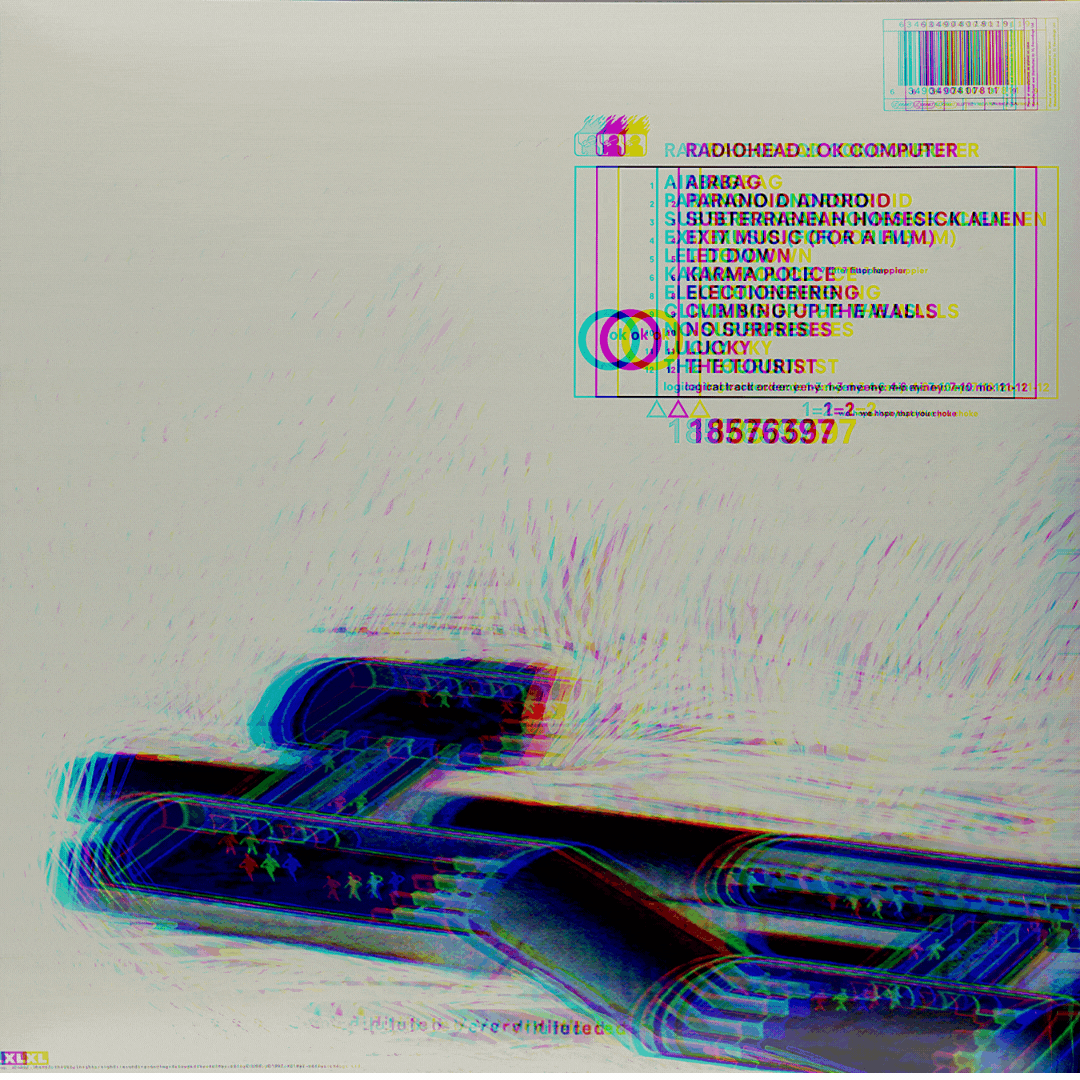Every decade or so, an album or albums are released that changes the sound of rock music. Whether it be the baroque experimentation of the Beatles, the proto-goth blues of the Doors’ self-titled, the new wave funk of genius David Byrne, or the antiestablishment grunge of Chris Cornell and Kurt Cobain, rock musicians never seem to be satisfied with the current state of the genre. 1997 contained another shift in rock music, but this one was a little bit different. Tracing the lineage of sounds and personalities will show you that grunge, which according to most began around 1988 via various bands on the Seattle record label Sub Pop, was a response to new wave’s complicated musical style, as well as the popularity of hair bands playing in arenas. In many ways it was like the second punk revolution, that began in England 15 years prior. Amid this “grungification” of the popular music scene, there was a rising force across the Atlantic.
Radiohead, the name taken from a Talking Heads song, was and still is fronted by lyricist and guitarist Thom Yorke. Assisted by guitarist and multiinstrumentalist Jonny Greenwood, his brother Colin Greenwood, drummer Philip Selway, and guitarist Ed O’Brien, the band had gained a lot of traction in the 5 or so years leading up to 1997, with releases of two fantastic guitar based rock albums, Pablo Honey, containing the iconic track “Creep,” and The Bends, a masterful composition of grunge sounds blended with experimental chord progressions and a little taste of that spacey, techno sound that Radiohead would soon build on. Many bands throughout history, when in this position, either continued to feed off the sound that got them their popularity or would run into creative differences on the future of the group, leading to their ultimate demise.
This did not happen to Radiohead, and we as music lovers should be ever grateful for this, as their remained unification and agreed exploration of new sounds, subject matter, and musical aesthetics led to not just one of the greatest albums in rock history, but one of the most important works of avant-garde art to ever grace the surface of the popular scene at the time of its release. It was the immaculate conglomerate of experimentation, pop influences, genius musical composition, great instrumentation, and thoughtful lyrics that perfectly encapsulate yet contradict the state of first-world societies at the time.
The millennium was coming to a close, and many people were unsure of the future, not just in music but in the overall tranquility of modern life. Thom Yorke noticed this state of general uneasiness, and further challenged that notion by writing songs full of melancholic lyrics and criticisms of the increased speed of life, particularly in the wake of the popularization of the internet. I could spend time exponentiating the word count of this document by breaking down each song and telling how it transcends time and every possible notion of popular music at the time, but out of respect to the artists behind it, and respect to the readers, I suggest you all listen to it yourself. And then listen again, and again, because like a good book or a good film, each time you go back, you discover more little moments of brilliance that make it a true masterpiece. And if you thought Radiohead’s boundary-pushing genius ended here, just wait until you hear their record that followed, Kid A. I’ll save that for another article, though, and conclude by thanking all the readers, and more importantly, thanking Radiohead for allowing the world to listen to this record for 25 years.



